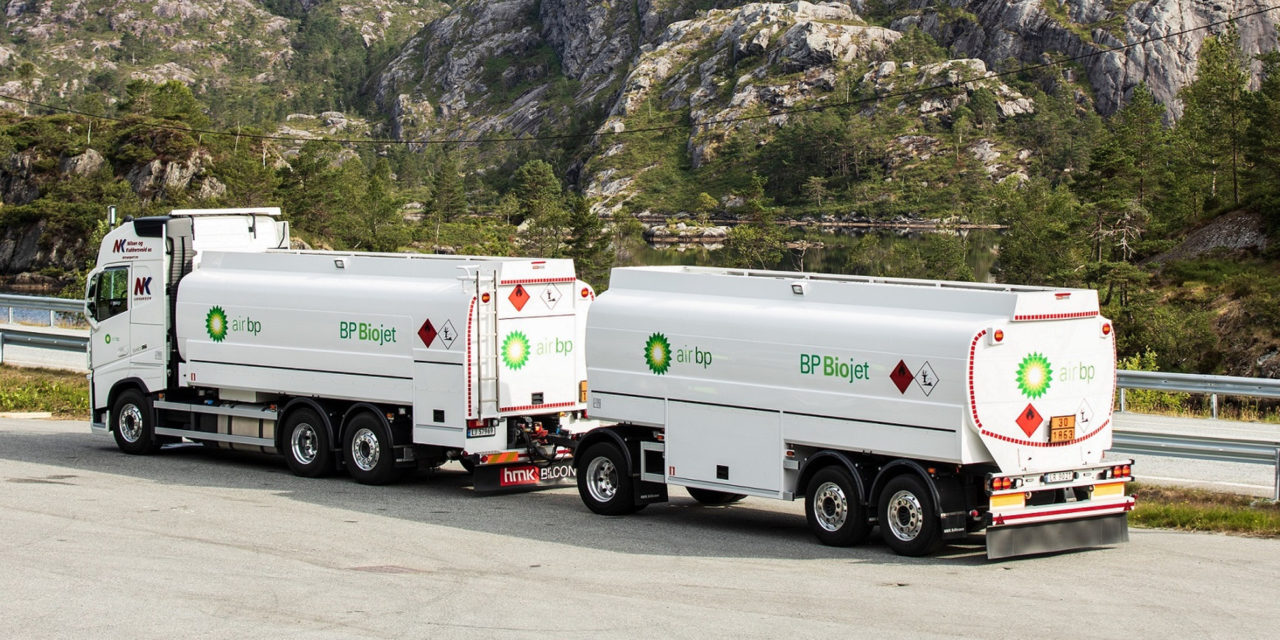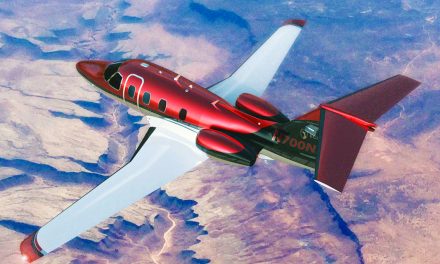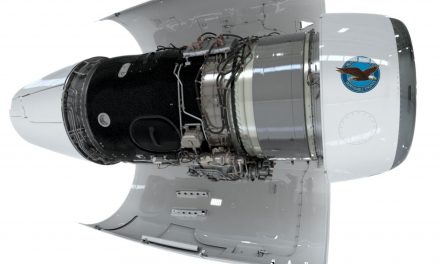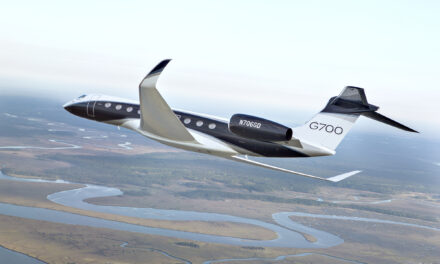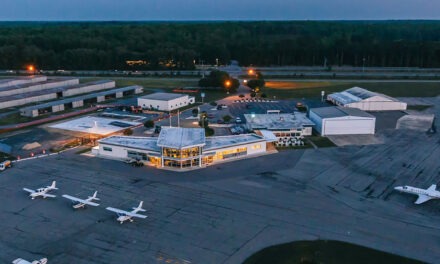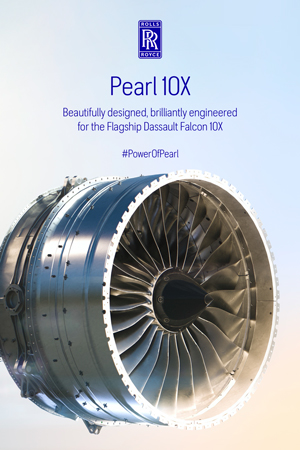Air bp has delivered 210 tonnes of sustainable aviation fuel (SAF) to Swedish airport operator, Swedavia at Stockholm Arlanda Airport.
The operator and its partners SOS Alarm, Systembolaget and the 2030 Secretariat procured the fuel through a joint tender, as part of an initiative to promote the large-scale production of SAF and its use as a way to reduce carbon emissions from air travel. The SAF delivered will result in a reduction in the carbon emissions generated by the business’ corporate air travel.
The SAF supplied by Air bp has been produced by Neste, one of the world’s leading producers of renewable fuels from wastes and residues.
“Both Swedavia and the aviation industry have been strongly affected by the COVID pandemic,” said Jonas Abrahamsson, president and CEO, Swedavia. “Despite current challenges our efforts to reduce the climate change impact in the industry must continue and be prioritized. Now is the opportunity to show our commitment to our climate ambitions which remain intact and to the Swedish aviation industry’s overall goal of all Swedish domestic flights being fossil-free in 2030 and all flights in 2045.”
Martin Thomsen, CEO Air bp added:
“Through collaborations such as this, we are once again demonstrating what can be achieved when we all work together towards a lower carbon industry.”
Air bp began collaborating with Swedavia to help reduce emissions from its corporate staff air travel in June 2019 when it supplied SAF to five of its airports in Sweden including Stockholm Arlanda, Åre Östersund, Malmö, Göteborg Landvetter and Umeå airports.
This latest SAF delivery builds on Air bp’s SAF supply agreement with Neste, announced in August, with Air bp offering an increased volume of sustainable aviation fuel to customers in Europe in 2020 and 2021, including Stockholm Arlanda Airport and Oslo Airport.
Air bp has supplied SAF since 2010 and to date, has supplied more than 25 customers and 16 airports globally.
Neste’s SAF is produced from 100% renewable waste and residue raw materials. In its neat form and over the lifecycle, it can reduce up to 80% of carbon emissions compared with conventional jet fuel it replaces. SAF undergoes the same quality tests as regular fossil jet fuel and can be blended at up to 50% to fuel aircraft. Currently, SAF offers the only viable drop-in alternative to fossil liquid fuels for powering commercial aircraft.

